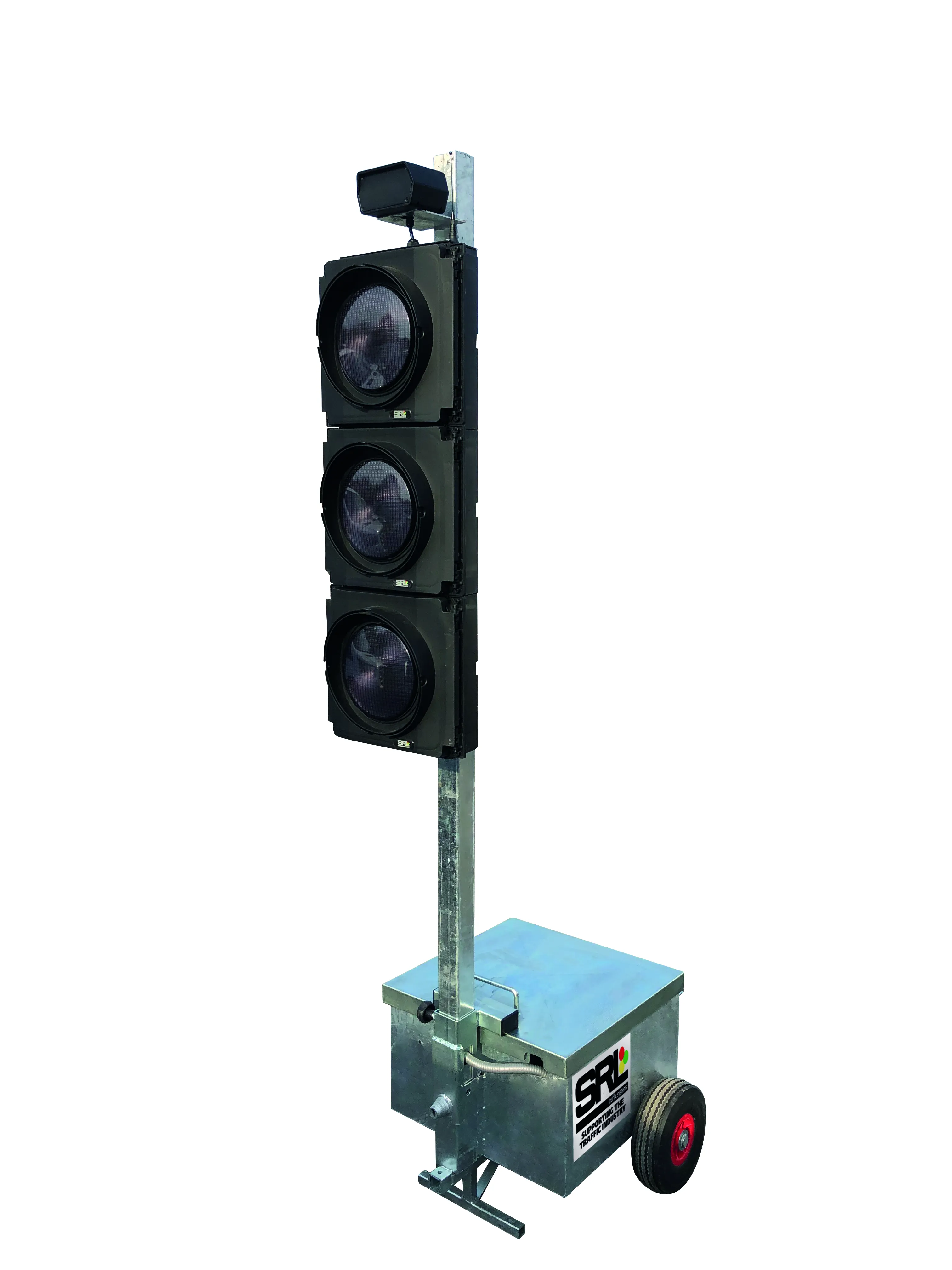A revamp of traffic light maintenance is helping to reduce congestion, save money and improve safety on Greater Manchester’s roads, according to the latest figures from Transport for Greater Manchester (TfGM), which is responsible for all 2,400 traffic signals across the region.
These show that the number of incidents of traffic signal failure has steadily declined over the past three years. Between July 2015 and April 2016, there was an average of 413 signal fault faults per month. This is 24 per cent
June 24, 2016
Read time: 2 mins
A revamp of traffic light maintenance is helping to reduce congestion, save money and improve safety on Greater Manchester’s roads, according to the latest figures from 817 Transport for Greater Manchester (TfGM), which is responsible for all 2,400 traffic signals across the region.
These show that the number of incidents of traffic signal failure has steadily declined over the past three years. Between July 2015 and April 2016, there was an average of 413 signal fault faults per month. This is 24 per cent lower than the monthly average of 527 recorded between July 2014 and June 2015 and 48 per cent less still than the average of 795 recorded between July 2013 and June 2014.
The improvement comes, primarily, from upgrading the region’s signals with low energy and low maintenance LED ‘aspects’ – the optical unit that displays the signal colour. This project was carried out by TfGM’s traffic signal maintenance contractor, Siemens, and was completed in April 2014.
The aspect replacement project is expected to save US$13.6 million (£9.8 million) over the first ten years by reducing both the need for regular maintenance and energy consumption. The improvement also comes from Siemens working in a more efficient manner, focusing more on pre-emptive maintenance rather than reacting to faults.
TfGM Committee Chair, Councillor Andrew Fender, said: “Traffic signals are a vital part of the region’s highways network, and through them we help to manage 2.1 billion trips on the Greater Manchester road network each year, so it’s excellent news that they are performing almost twice as well as they were three years ago and costing less money to run and maintain.
“We’ll continue to review and, where possible, further improve our signal maintenance procedures to help make sure that there are even fewer traffic light failures in the future.
These show that the number of incidents of traffic signal failure has steadily declined over the past three years. Between July 2015 and April 2016, there was an average of 413 signal fault faults per month. This is 24 per cent lower than the monthly average of 527 recorded between July 2014 and June 2015 and 48 per cent less still than the average of 795 recorded between July 2013 and June 2014.
The improvement comes, primarily, from upgrading the region’s signals with low energy and low maintenance LED ‘aspects’ – the optical unit that displays the signal colour. This project was carried out by TfGM’s traffic signal maintenance contractor, Siemens, and was completed in April 2014.
The aspect replacement project is expected to save US$13.6 million (£9.8 million) over the first ten years by reducing both the need for regular maintenance and energy consumption. The improvement also comes from Siemens working in a more efficient manner, focusing more on pre-emptive maintenance rather than reacting to faults.
TfGM Committee Chair, Councillor Andrew Fender, said: “Traffic signals are a vital part of the region’s highways network, and through them we help to manage 2.1 billion trips on the Greater Manchester road network each year, so it’s excellent news that they are performing almost twice as well as they were three years ago and costing less money to run and maintain.
“We’ll continue to review and, where possible, further improve our signal maintenance procedures to help make sure that there are even fewer traffic light failures in the future.









